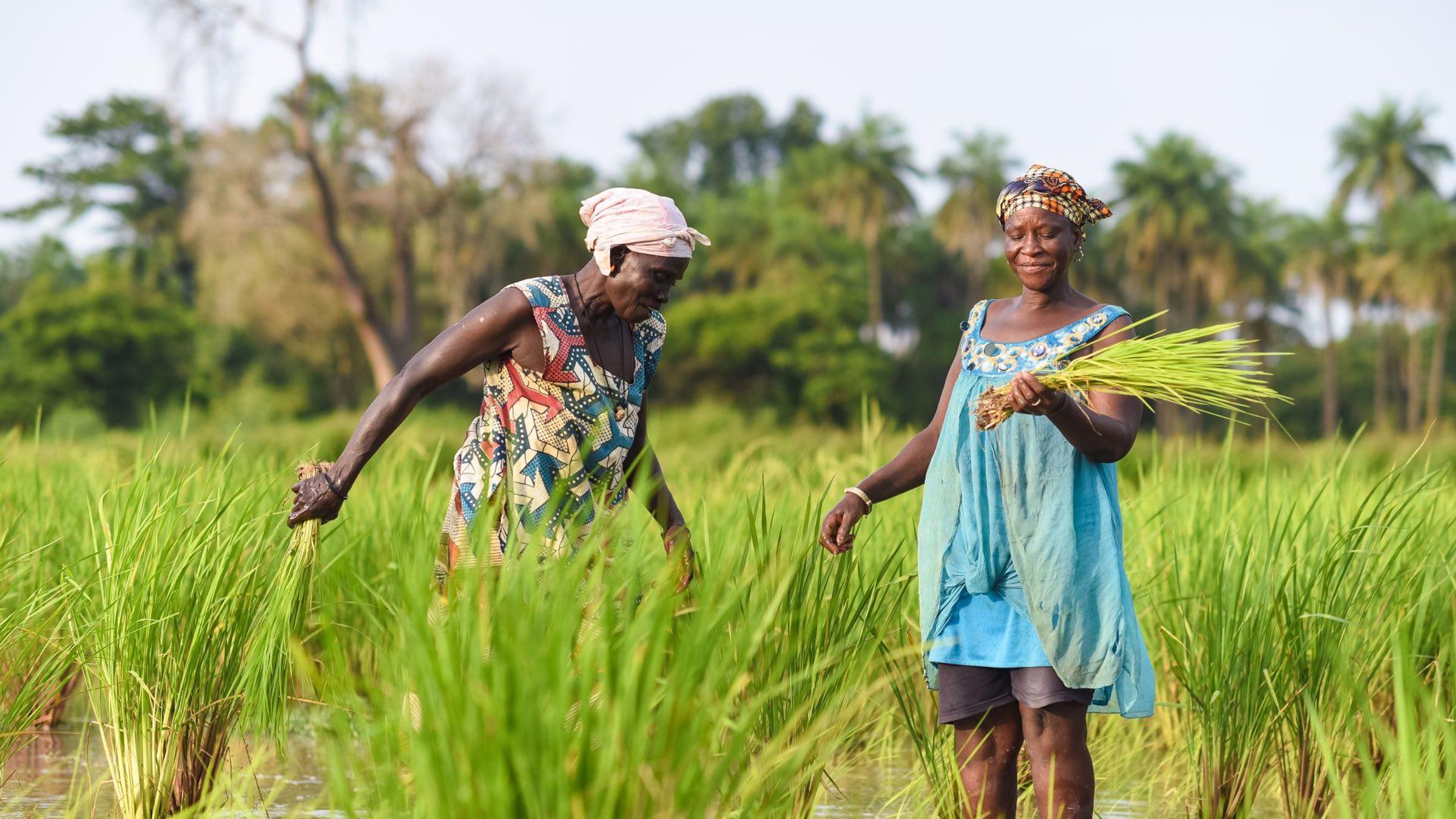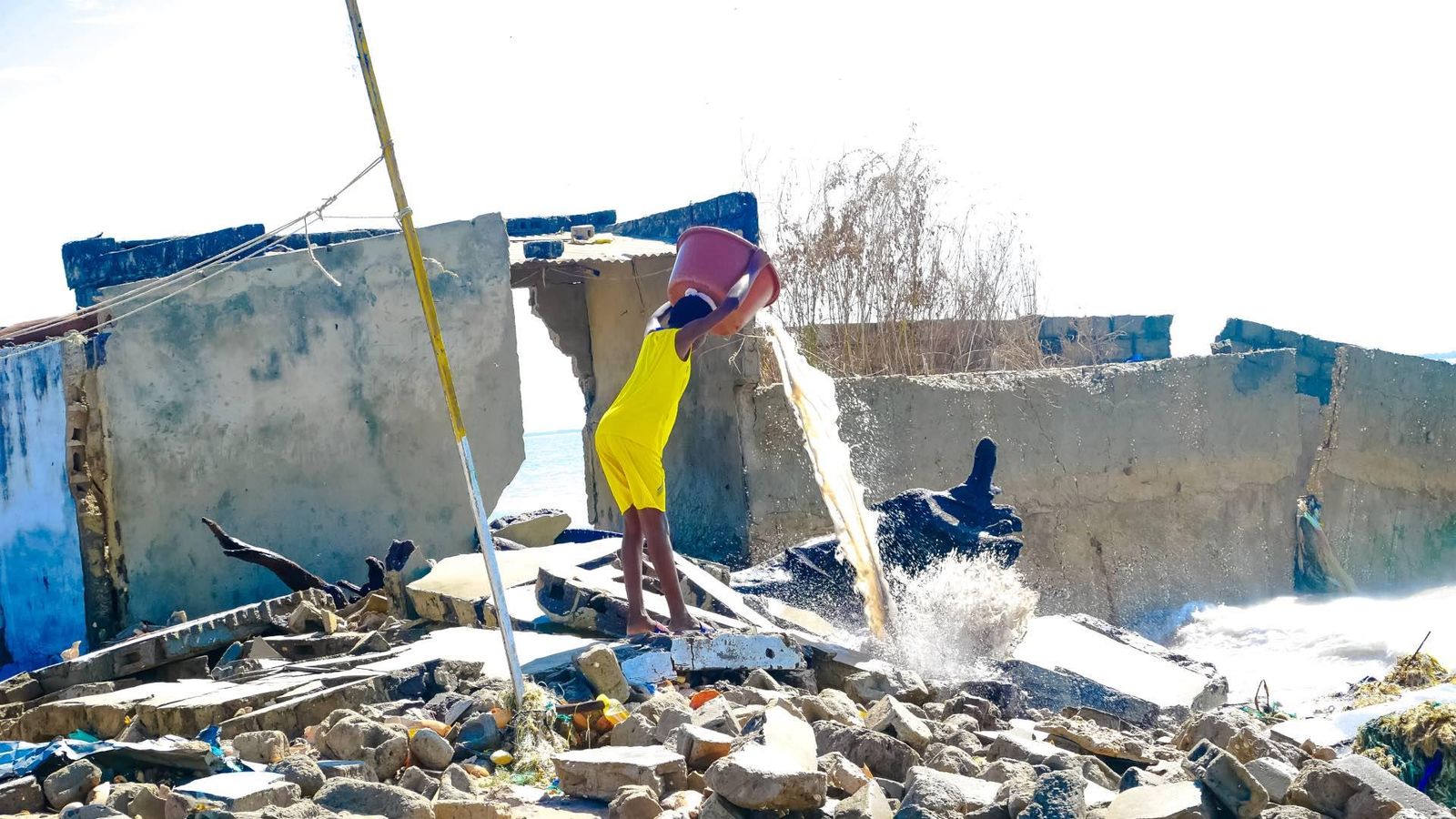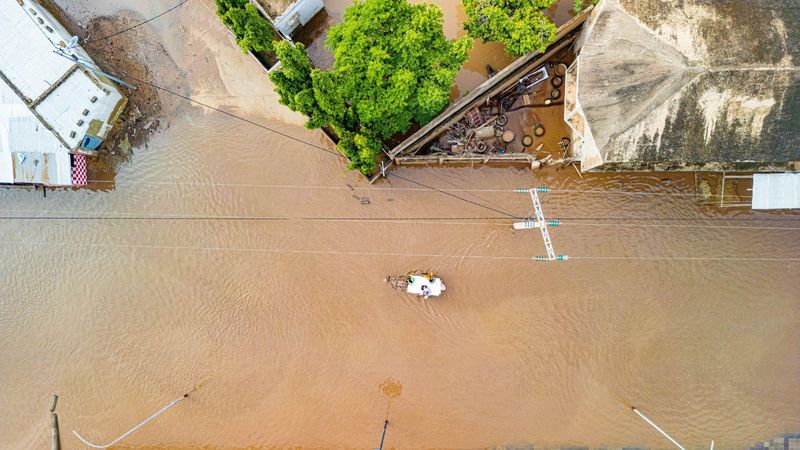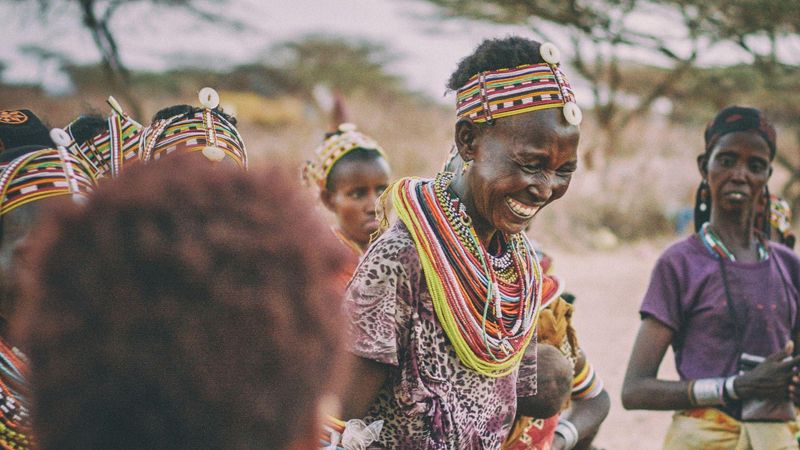
Climate change is the greatest health challenge of our time. Today, over 3.3 billion people live in regions highly susceptible to its impacts. Research warns that by 2050, climate change could claim an additional 14.5 million lives—equivalent to one death every minute.
In many countries, the devastating effects of climate change are already being felt. Rising temperatures, extreme weather events, changes in precipitation patterns, and shifts in duration and prevalence of climate-sensitive diseases such as malaria, dengue, food- and water-borne diseases are impacting already-weak primary healthcare systems. And this translates to compromised accessibility, availability, provision, and uptake of essential health services.
In this context, innovative solutions that help communities to prevent and protect against the effects of climate change will be the most effective and sustainable. This requires context-specific and cross-cutting actions supported by targeted investments that leverage and improve existing individual and community initiatives to improve resilience and adaptation efforts.
Foundation S is committed to strengthening health system resilience in the face of the climate crisis. We are partnering with local communities, leveraging their on-the-ground expertise to identify solutions and mobilize investment.
2025 Health Resilience Community Fund
Our 2024 fund received applications for interventions supporting women and strengthening local resilience to the health impacts of climate change. Apply now to the 2025 edition of our Call for Proposals

The Challenge
There is a lack of funding for climate and health
Despite increased awareness, there’s a staggering $366 billion finance gap for adaptation, with less than 5% going to health projects. Local communities are on the frontlines of the climate crisis but receive only 10% of climate funding directly. Only 0.5% of multilateral climate financing goes to health projects.
We must urgently fast track flexible finance for locally-led health adaptation. Investing in health and climate is also proving profitable, with an economic return of $2 to $4 for every dollar invested in developing countries.
What We Support
Innovative solutions are crucial to address this threat, which is why we launched our Climate Action & Health Resilience Grants Program. This initiative channels funding directly to local projects, empowering those on the front lines to develop adaptation solutions that work for their communities. Foundation S has declared its intention to invest 42 million euros by 2030 in Climate & Health projects.
Since 2023, 64 projects are supported in 28 countries, spanning projects that develop early warning systems, climate-smart agriculture, sanitation and hygiene, and more.
2024 marked the launch of our Local Solutions Campus Africa, a first of its kind event that brought together 200 frontline actors from 17 African countries in Dakar to share innovative solutions, all focused on spearheading local action for climate adaptation and health resilience.
Areas of Focus
We support community-led efforts that prepare for, protect against and address a community’s risk to climate-sensitive diseases (including vector-borne and water-borne diseases).
Strengthening Healthcare Resilience
We support local health ecosystems to build their resilience and adaptability in the face of the climate crisis through training healthcare professionals and community health actors, enhancing the accessibility of essential services, and improving resilience to health risks cause by extreme heat and weather events.

The Climate x Health Catalytic Fund
With countries urgently calling for action to combat the health impacts of climate change, the Global Fund, the Gates Foundation and Foundation S – The Sanofi Collective launched a US$50 million Climate and Health Catalytic Fund. The fund will build climate-resilient health systems and protect communities from climate-driven health emergencies.
The Collective MindS Climate x Health Council
We convened the Collective MindS Climate x Health Council, which has created an actionable framework to increase access to health adaptation financing for vulnerable communities. This initiative is part of a global dynamic: over 120 governments, global institutions and NGOs now support common principles for local adaptation to climate-related health impacts.
We are dedicated to making it easier for communities around the world to access climate and health financing. Through the Council, we have released reports detailing actionable steps to fast-track flexible finance for locally-led health adaptation.
Foundation S - The Sanofi Collective, Reaching the Last Mile, and The Rockefeller Foundation also released a report in early 2025, offering a comprehensive analysis of current financing levels and trends, providing a crucial baseline for strengthening financial support for climate and health initiatives.
Related Content

Resourcing Climate and Health Priorities
This white paper offers a comprehensive analysis of current financing levels and trends, providing a crucial baseline for strengthening financial support for climate and health initiatives.

2024 Action Report: From Risk to Resilience
Our report highlights the urgent need for increased investment to strengthen the resilience of healthcare systems and protect lives by facilitating rapid, flexible funding for locally led health adaptation.

Sanofi Supporting Vulnerable Communities
Sanofi supporting vulnerable communities as part of commitment to social impact and fight against climate change.